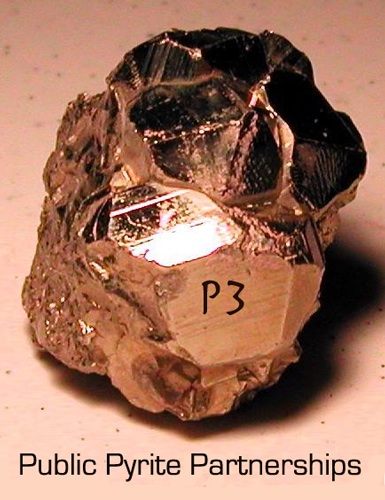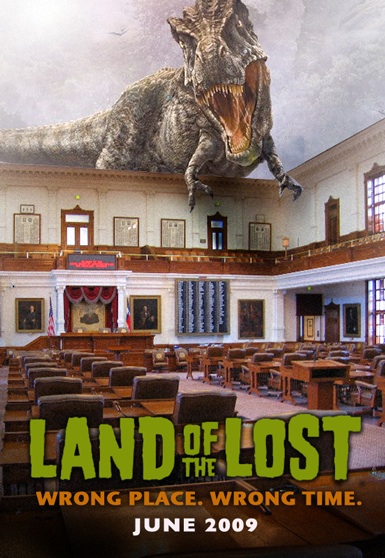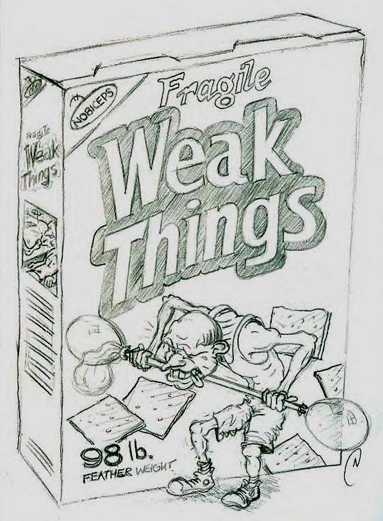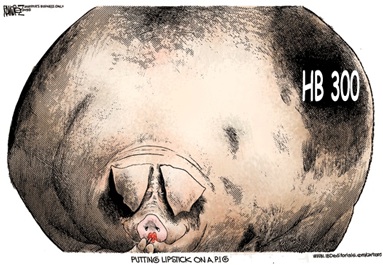In governor's race, Rick Perry, Kay Bailey Hutchison will take different roads to victory
6/5/09
By WAYNE SLATER
The Dallas Morning News
Copyright 2009
AUSTIN – The Legislature had barely left town when the two biggest political names in Texas started sounding campaign themes – Rick Perry touting the state as a good place to do business and Kay Bailey Hutchison lamenting his lack of leadership.
Perry and Hutchison are on a collision course for the Republican nomination for governor in the March GOP primary, the most anticipated Texas political race in more than a decade.They share blue-chip Republican pedigrees – an incumbent governor and veteran U.S. senator, both with high name identification, conservative credentials and the ability to raise big money. But each will take a decidedly different path.
"What he has to do is find some kind of campaign fire that elevates him by either mobilizing a group or in some way diminishing her – which is a risky strategy because of her popularity," University of Texas political scientist Bruce Buchanan said.
"What she has to do is not get down in the mud with him," he said, noting Perry's history of roughhouse campaigns.
Here are five things each must do to win:
Define the debatePerry wants to cast the race as a contest between a conservative Texan and a Beltway moderate, a states' rights advocate from Paint Creek against a profligate politician from Washington.
Hutchison will challenge Perry's stewardship of the state, saying he's a divisive figure more interested in partisan politics than solving problems. Her campaign narrative: I can bring people together to do what he hasn't.
In the run-up to the race, Perry trumpeted social conservative themes, including states' rights and opposition to abortion. Hutchison supports abortion rights.
Perry has cultivated the support of single-issue evangelicals – traditionally at least a third of the GOP primary vote – and made the rounds of the anti-tax tea party protests in Texas.In a recent conference call with federal bailout opponents, Perry bashed Washington and touted "Republican governors who are putting in place real conservative policies."
This week, Hutchison cited a "lack of leadership from the governor" in the just-completed legislative session. She pointed out that lawmakers didn't lower insurance rates, expand health care for children or tackle the high school dropout problem.The buck, she said, stops with Perry.Claim conservatismPerry's appeal is to the GOP's social conservative base. During the legislative session, he supported bills to require pre-abortion sonograms, create a "Choose Life" license plate and require voters to show a photo ID. None passed.
East Texas evangelist Rick Scarborough, a social conservative leader, said Perry's advocacy on the issues gives him a stronger claim as the true conservative in the race.
"She's been snookering a lot of conservatives, especially the business community," he said. "But she is going to have a major hill to climb when it comes to her soft stance on abortion. She's not been a warrior on any of the social issues."
Hutchison, who opposes overturning Roe vs. Wade but supports many restrictions on abortion rights, hopes to frame conservatism in broader terms that appeal to suburbanites, soccer moms and "November Republicans" who traditionally don't vote in primaries.
"It's a balancing act," said GOP consultant Matt Mackowiak, a former Hutchison aide. "How do you convince the base you're conservative enough but not turn off those folks who are closer to the middle?"
A campaign mailer casts Hutchison as a "common sense" conservative, citing high ratings by the American Conservative Union, the National Rifle Association and Americans for Tax Reform.
In an interview, Hutchison called for a big-tent approach on social issues, saying "the core principles" of the GOP are smaller government, fewer regulations on business and a healthy economy.
"That can be the center of our party," she said
Win the turnout battleGOP primaries in nonpresidential years typically total about 650,000 voters. Perry believes he can win a majority of those. Hutchison's hope is to increase turnout to 1 million by attracting moderates and independents.A recent Rasmussen poll of Texas GOP voters found that Perry leads by 15 points among conservatives, but Hutchison leads by 35 points among moderates.Jason Stanford, a Democratic consultant, said
Perry's job for the primary is to "hone it down to make the Republican Party electorate a pure expression of ideologues."In her 2006 re-election race, Hutchison got 627,000 votes when she ran unopposed in the primary. But 2.6 million Texans voted for the Republican senator in the general election.
Stanford said
Perry's best strategy is to depress turnout with a negative campaign of wedge issues that will keep Hutchison's moderates at home."She has to make this a referendum on Texas," he said. "Then Kay Bailey's people, the people in the Chanel suits and the white wine will say, 'I'm showing up. What Rick Perry's doing, that's not my Texas.' "
Win the money raceRaces for governor are always expensive because of the state's size and the cost of advertising in the state's multiple large media markets. But this primary will be costly even by those standards, at an expected $25 million for each candidate.
Hutchison goes in with an advantage. She has shifted $8 million from her Senate account to her gubernatorial treasury and has been actively raising money in recent months.
Perry had $6.6 million, according his last report in January. State law prohibits the governor from raising money during a legislative session, so Perry will have a small fundraising window to add to his total before candidates report their totals in July.
The reports will be the first indication of which big-money Republicans are picking sides in the race.
Perry has developed a list of $100,000 donors he calls the Century Council. Look for Hutchison to try to poach some.
Don't burn bridgesRepublicans have dominated state politics for more than a decade, and whoever wins the Republican slugfest will be the odds-on favorite in the fall.
But a bitter primary could leave the nominee weakened.
Dave Carney, Perry's chief political consultant, said Perry is well-situated to win both in March and November.
"What's going on in Texas is really elitist vs. populist," said Carney, whose political strategy has seen Perry chant "states' rights!" at the tea party protests and appear with Rush Limbaugh and other talk-radio conservatives.
Republican consultant Rich Galen, who has represented Hutchison in the past, said that while loyalists are important in a primary, it takes a candidate with broad appeal to win a general election.
"A primary is like an onion. You keep peeling away at the layers until you get down to the people who are actually going to vote," he said. "The general [election] goes the other way. You pile everybody in the mosh pit and hope you get more guys than they get."
© 2009 The Dallas Morning News: www.dallasnews.comTo search TTC News Archives click HERETo view the Trans-Texas Corridor Blog click HERE














